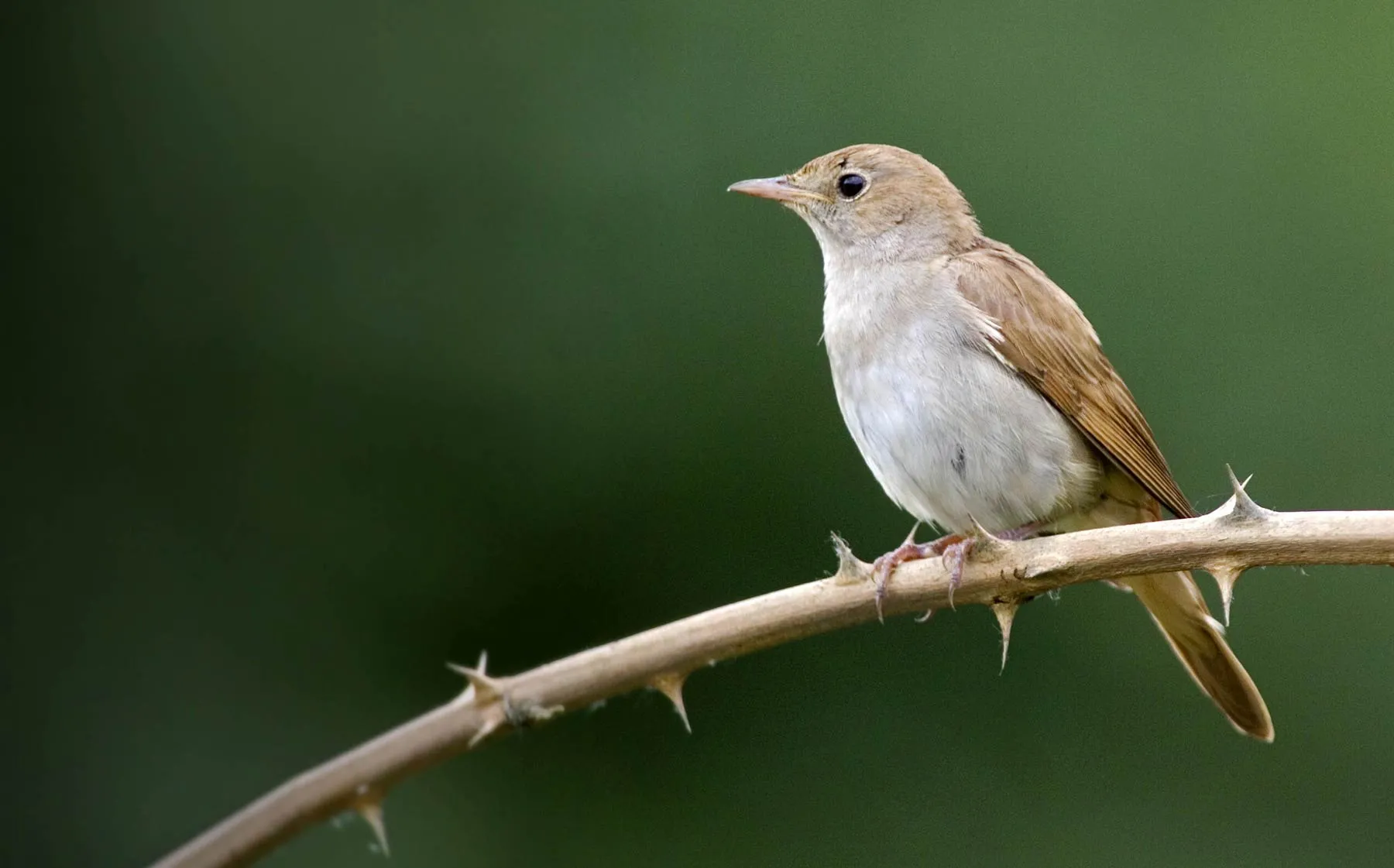BTO has a strong reputation for delivering quality science, but it is important that we continue to monitor our processes and identify those aspects of our work that could be done better to deliver greater impact.

In late 2018, and as part of a wider programme of work aimed at securing our resilience for the future, an independent panel reviewed the impact of BTO science. Led by Professor Rosie Hails (Director of Nature & Science at The National Trust), with Dr Mike Morecroft (Principal Specialist for Climate Change at Natural England), Professor Chris Thomas FRS (Director of the transdisciplinary Leverhulme Centre for Anthropocene Biodiversity at the University of York) and Professor Andrew Watkinson (Professor of Environmental Sciences at UEA and a non-executive director of the Centre for Environment, Fisheries and Aquaculture Science), the panel concluded that BTO has had a remarkable impact on policy and practice, given its size and resources.
The panel recognised the rigour of our science, which includes the integration of our monitoring schemes with research, and our publication record; some 388 scientific papers were published from 2012–2018, including in the highest ranking academic journals. Our impartial evidence has informed some key policy areas, such as assessing the impact of marine renewables upon birds, understanding declines in farmland bird populations and informing the debate about upland land management. We have delivered high impact science to inform the design of agri-environment schemes, tracked migrants to diagnose their causes of decline and documented the impacts of climate change on UK biodiversity and globally.
More broadly, the panel highlighted the leadership role that we play in the sector, recognising the good relationships that we have with conservation NGOs, government agencies and academia, and the value of our long-standing partnership with JNCC. BTO plays an important role in inspiring people about science, whilst our volunteers are central to the monitoring and research that we undertake through the scientifically robust approaches that maximise the value of such citizen science data. Our staff and volunteers are dedicated to making a difference through the dissemination of knowledge, and we tell some great stories.
the panel concluded that BTO has had a remarkable impact on policy and practice, given its size and resources
The panel made some very helpful recommendations, emphasising the need to continually adjust our mode of communication for maximum impact, and for different audiences. In particular, they noted that major changes in conservation and environmental policy are likely in the future, such as around the 25 year Environment Plan for England, and the Well-being of Future Generations Act of the Welsh Government. They recommended that we should actively promote our science to policy-makers to ensure that our data sets can inform, monitor and evaluate the impact of these policies. We will increasingly need to work in partnership to deliver wider impact and to spread our research into new areas such as in education (building on the successful ‘What’s Under Your Feet?’ project), health and well-being, and in the urban environment. There are exciting opportunities to utilise technological development to engage volunteers in new ways, as shown by the Norfolk Bat Survey, and to communicate our results.
View the report - A world informed by science: the impact of BTO in

Staff Contact(s)
James Pearce-Higgins
Director, Science

Rob Robinson
Associate Director, Research
